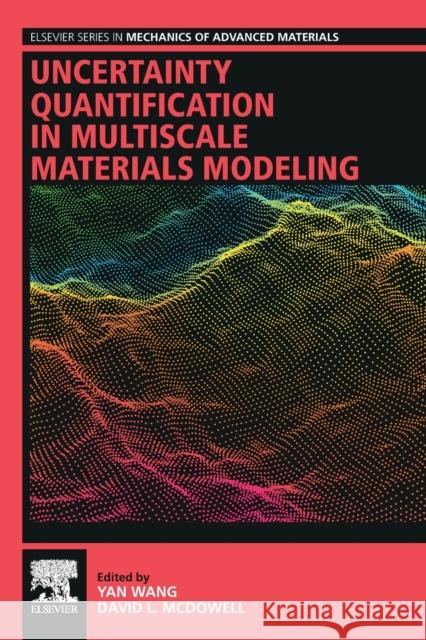Uncertainty Quantification in Multiscale Materials Modeling » książka
topmenu
Uncertainty Quantification in Multiscale Materials Modeling
ISBN-13: 9780081029411 / Angielski / Miękka / 2020 / 900 str.
Kategorie:
Kategorie BISAC:
Wydawca:
Woodhead Publishing
Seria wydawnicza:
Język:
Angielski
ISBN-13:
9780081029411
Rok wydania:
2020
Numer serii:
000955040
Ilość stron:
900
Waga:
10.61 kg
Wymiary:
22.86 x 15.24 x 3.1
Oprawa:
Miękka
Wolumenów:
01











